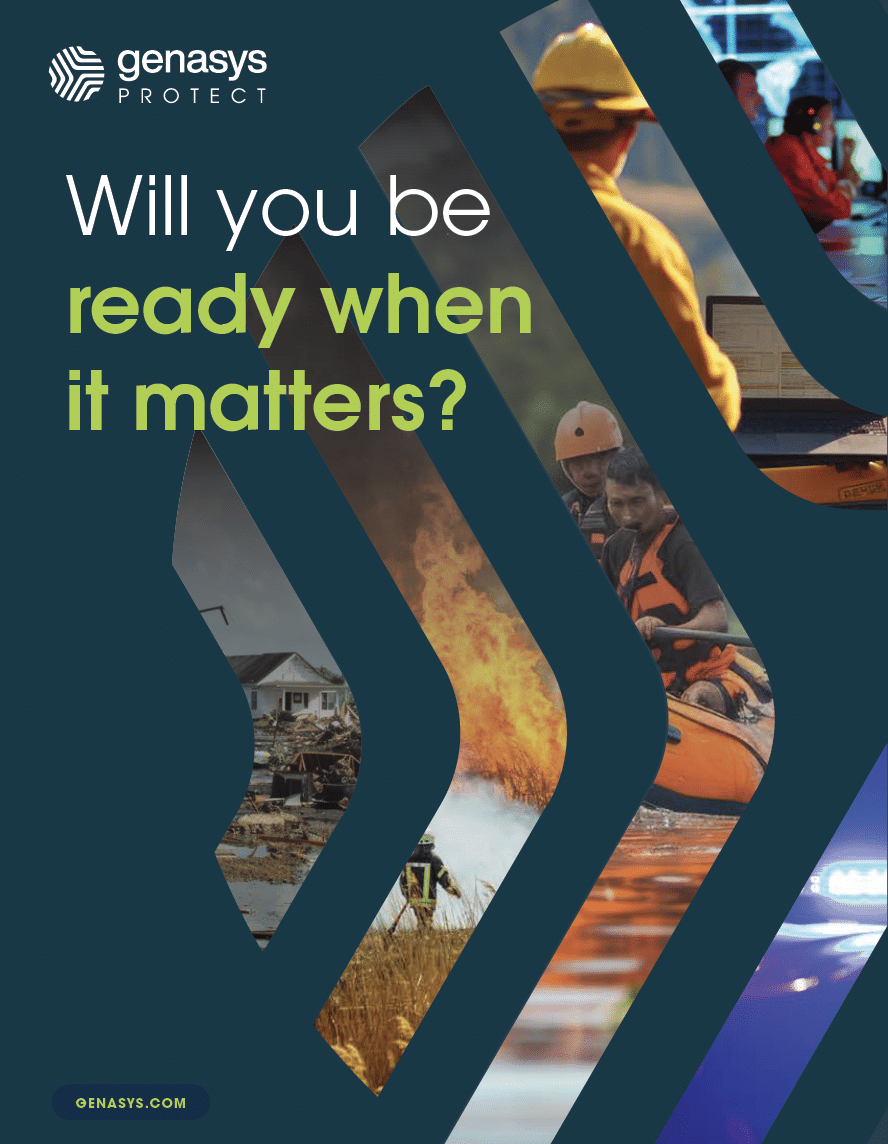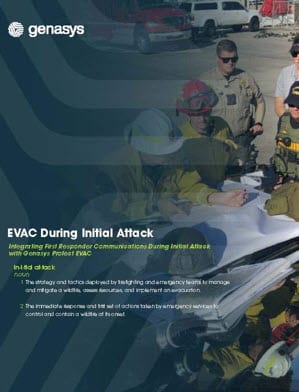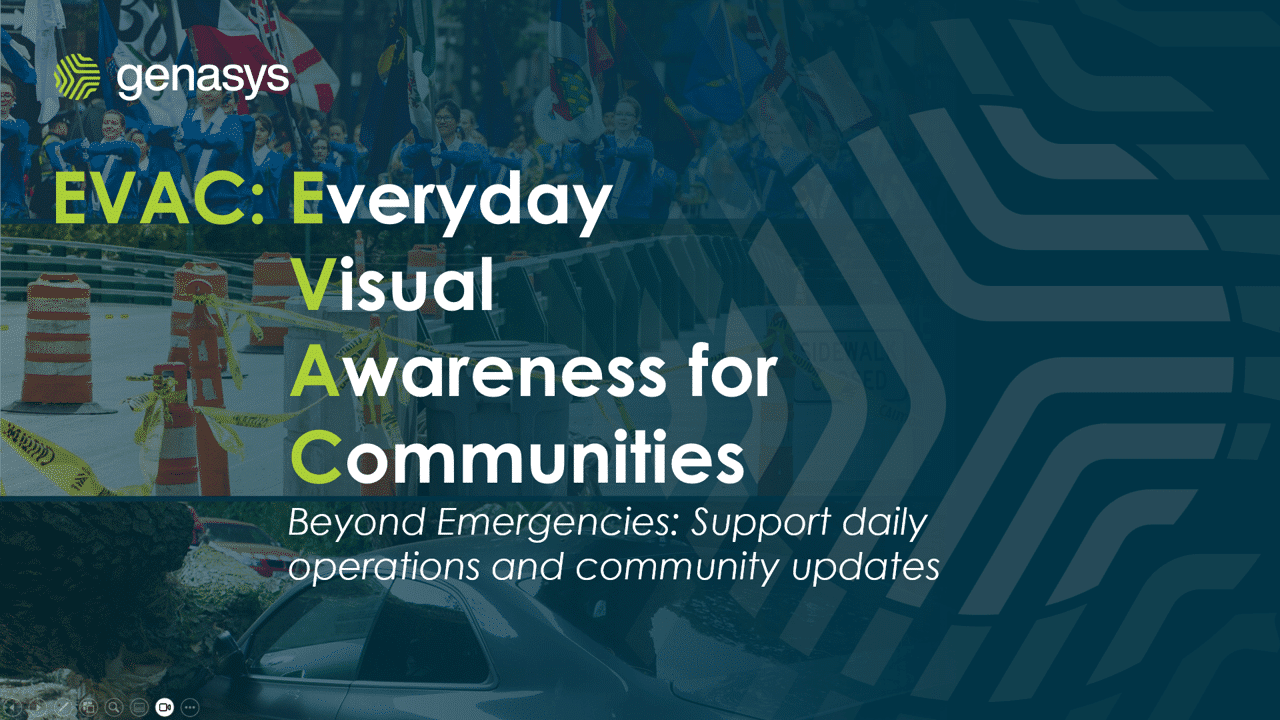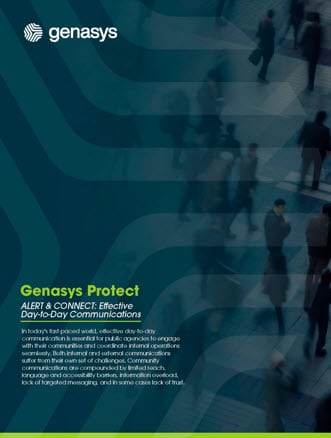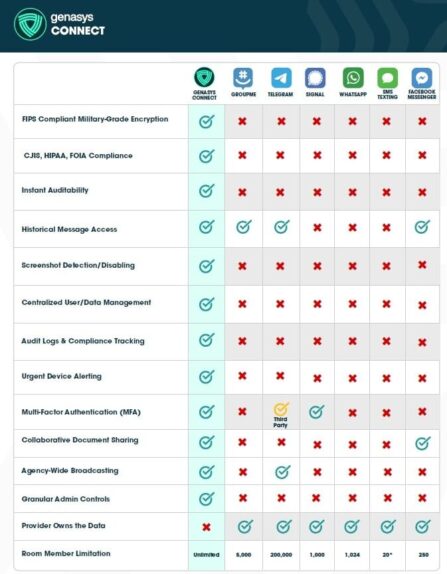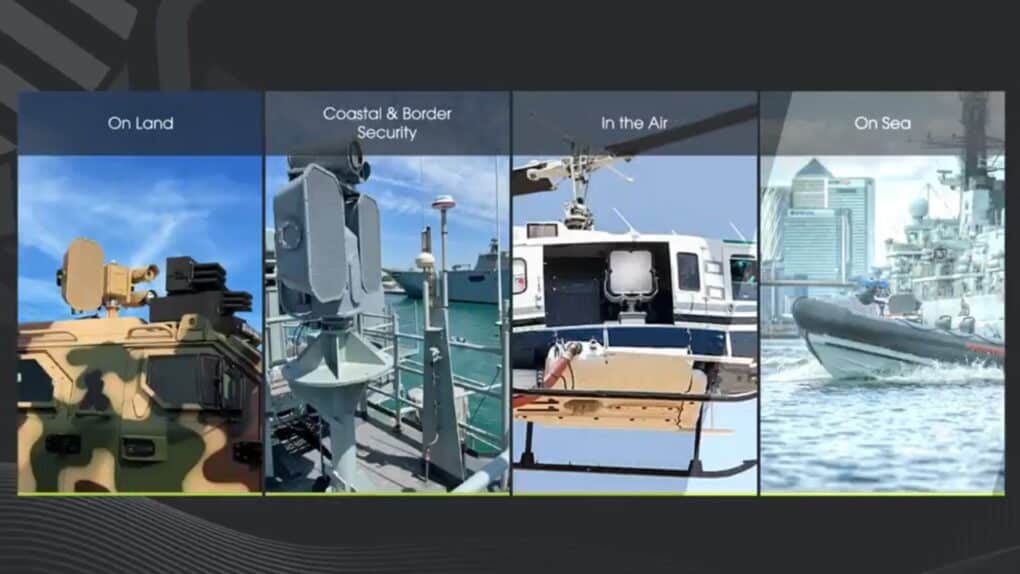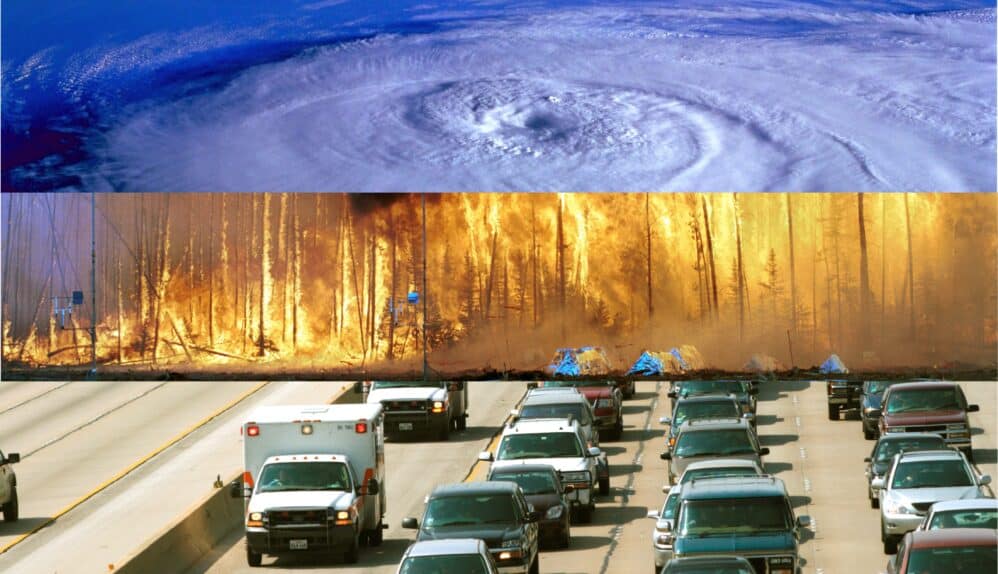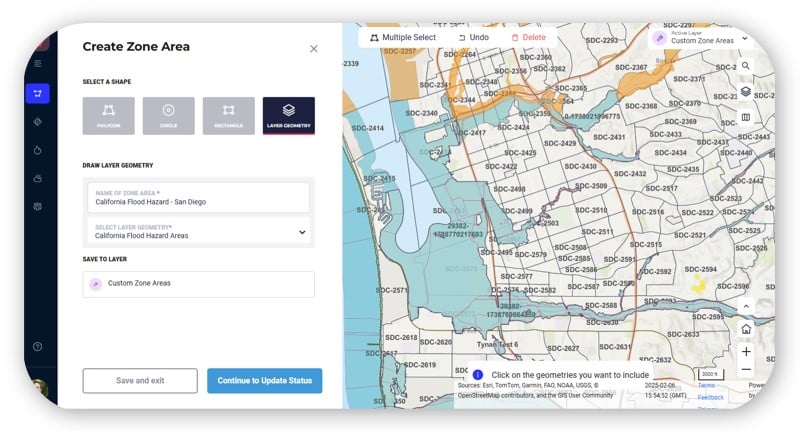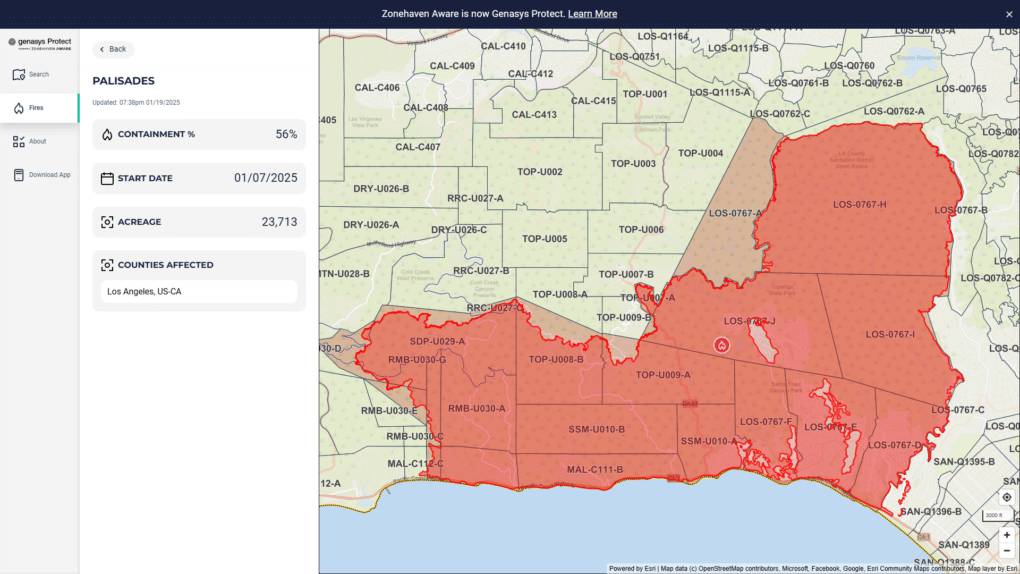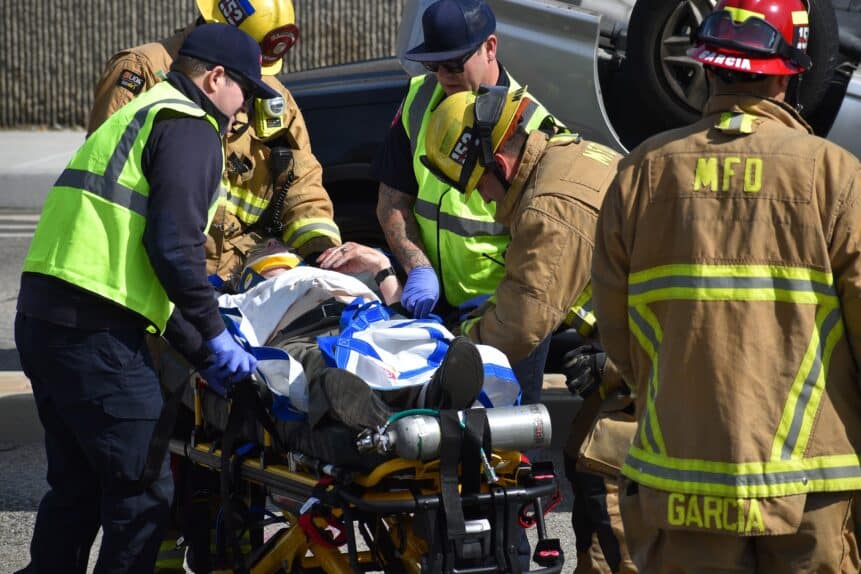By Adam Stewart, MSCE, EI
Dams are vital components of critical infrastructure, managing water resources and providing essential services such as water supply, irrigation, and hydroelectric power. However, they also pose significant risks, especially in regions prone to natural disasters.
Puerto Rico, with its extensive dam systems, faces unique challenges in safeguarding the public, as evidenced by Hurricane Maria in 2017, where over 3,000 people lost their lives, and 300,000 homes were lost (over a third of the housing inventory on the island). Structural failures, natural disasters, and other unforeseen events necessitate robust emergency communication systems to protect the lives of several hundred thousand residents living downstream.
Recent technological advancements have enabled more effective early detection and communication of potential floods or security threats. Such systems are crucial in regions like Puerto Rico, where timely information dissemination can mean the difference between safety and catastrophe.
Protecting Lives—The Critical Role of Communication Systems
Protecting the several hundred thousand residents living downstream of Puerto Rico’s dams has been a paramount concern. The island’s topography and weather patterns increase the risk of flooding and other water-related disasters, making an efficient emergency communication system essential.
In 2017, the existing infrastructure was inadequate for providing clear and immediate alerts to residents during emergencies, especially in cases of dam breaches or changing conditions.
On September 22, 2017, Hurricane Maria’s floodwaters compromised the Guajataca Dam in northwest Puerto Rico, creating a fissure and threatening its structural integrity. The dam’s reservoir, already swollen by the heavy rainfall following the storm, added additional pressure to the dam.
If the dam were to release water into the Guajataca River, it could result in flash flooding, endangering approximately 70,000 residents in the low-lying coastal communities of Isabela and Quebradillas, potentially sweeping away their homes.
Providing Real-Time Information That Saves Lives
Given the likelihood of future natural disasters and emergencies, there was an urgent need for a strong and dependable public warning system that could reach residents quickly, even during communication and power outages. Advanced systems like those engineered by Genasys are designed to provide real-time information, ensuring that residents receive timely warnings and instructions during emergencies.
Genasys’ emergency communication systems are tailored to meet the specific needs of Puerto Rico’s dam infrastructure. These systems integrate various communication channels, including sirens, loudspeakers, and digital alerts, to ensure comprehensive coverage. By leveraging innovative technology, these systems enhance situational awareness and enable rapid response to potential threats, ultimately safeguarding lives and property.
Early Detection Can Prevent Disasters Before They Happen
Early detection and communication of potential floods or security threats are critical in minimizing the impact of disasters. In Puerto Rico, where weather conditions can change rapidly, having an advanced warning system in place is essential. Genasys’ emergency warning systems are equipped with state-of-the-art sensors and monitoring tools that provide real-time data on dam conditions, water levels, and other critical parameters.
These systems not only detect potential issues but also facilitate immediate communication with emergency management agencies and the public. This proactive approach allows for swift decision-making and action, reducing the likelihood of catastrophic failures. By integrating early detection capabilities with robust communication networks, Puerto Rico can better manage its dam infrastructure and protect its residents from harm.
Federal Support Further Enhances Infrastructure Resilience
Efforts supported by FEMA have been instrumental in enhancing the resilience of Puerto Rico’s dam systems. Federal funding and technical assistance have enabled the implementation of advanced emergency communication systems, providing a critical layer of protection for the island’s infrastructure.
Following the disaster at the Guajataca Dam, which necessitated the evacuation of 70,000 residents soon after Hurricane Maria in 2017, the Puerto Rico Emergency Management Agency (PREMA), with funding from FEMA, enlisted Genasys in 2018 to design and install the island’s first early warning system (EWS).
In 2024, additional funding has been secured to expand protection to the Genasys advanced mass notification technologies on an additional 37 dam sites ensuring that emergency alerts are communicated effectively to the public, emergency responders, and their surrounding communities during critical and emergent events.
To Sum Up
In conclusion, robust communication systems are essential for protecting Puerto Rico’s extensive dam infrastructure.
From early detection and real-time communication to federal support and mass notification systems, these technologies play a critical role in safeguarding public safety and enhancing disaster resilience. By investing in advanced emergency communication solutions, Puerto Rico is taking proactive steps to protect its citizens and its infrastructure.
Contact Genasys to learn more about ACOUSTICS and IPAWS. Schedule a demo today.


